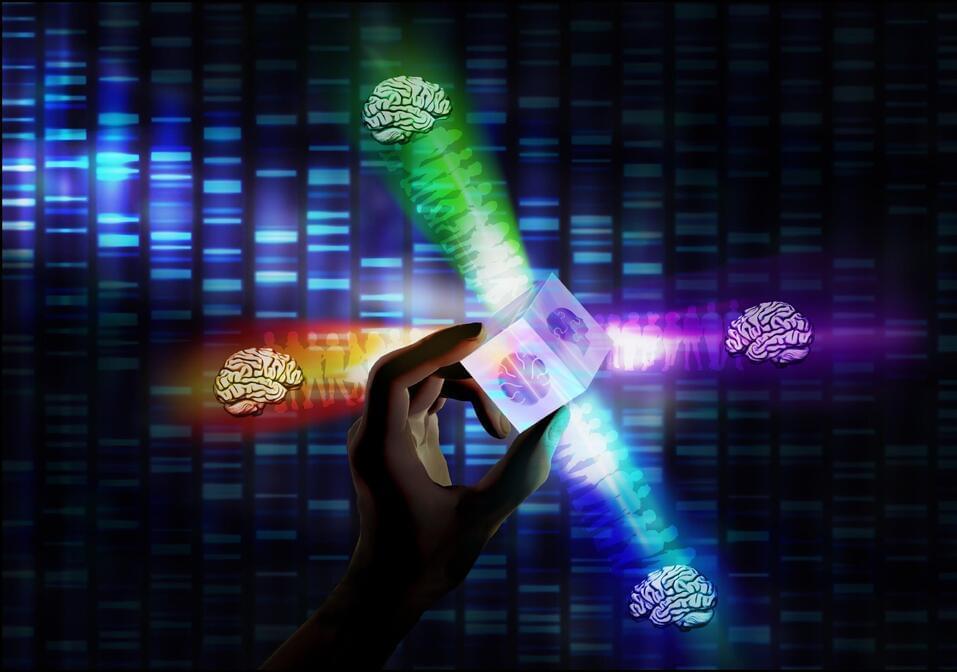Autism spectrum disorder (ASD) is a developmental disorder associated with difficulties in interacting with others, repetitive behaviors, restricted interests and other symptoms that can impact academic or professional performance. People diagnosed with ASD can present varying symptoms that differ in both their behavioral manifestations and intensity.
As a result, some autistic individuals often require far more support than others to complete their studies, learn new skills and lead a fulfilling life. Neuroscientists have been investigating the high variability of ASD for several decades, with the hope that this will aid the development of more effective therapeutic strategies tailored around the unique experiences of different patients.
Researchers at Weill Cornell Medicine have recently used machine learning to investigate the molecular and neural mechanisms that could underlie these differences among individuals diagnosed with ASD. Their paper, published in Nature Neuroscience, identifies different subgroups of ASD associated with distinct functional connections in the brain and symptomatology, which could be related to the expression of different ASD-related genes.










Comments are closed.